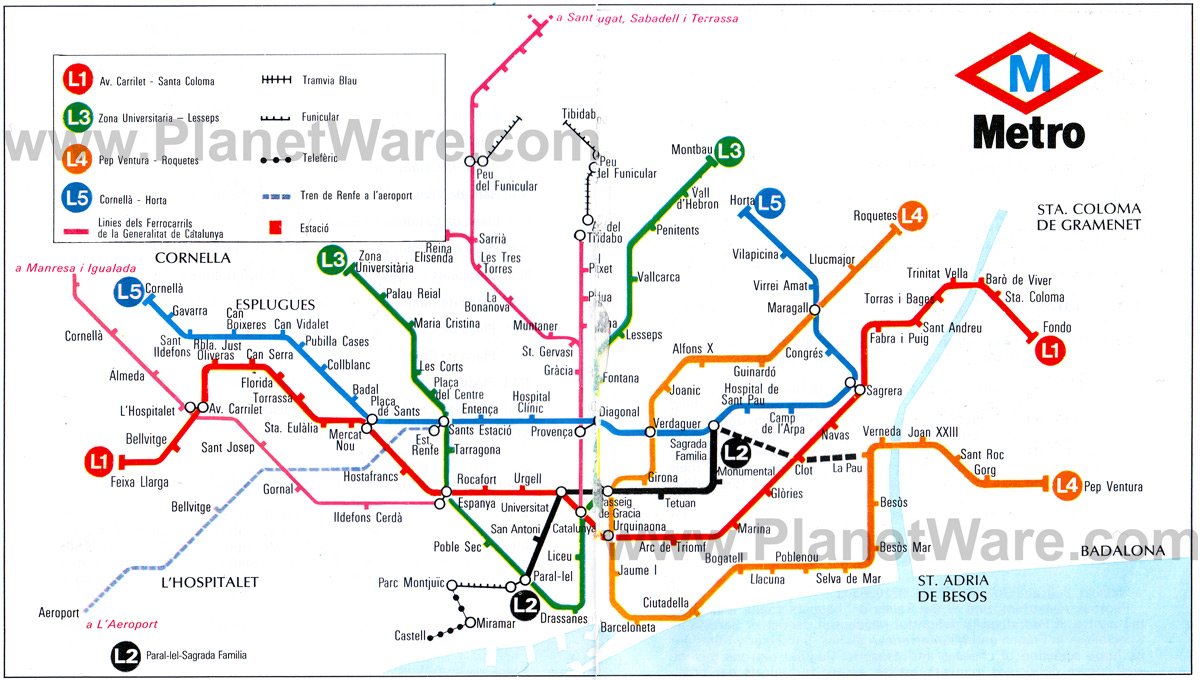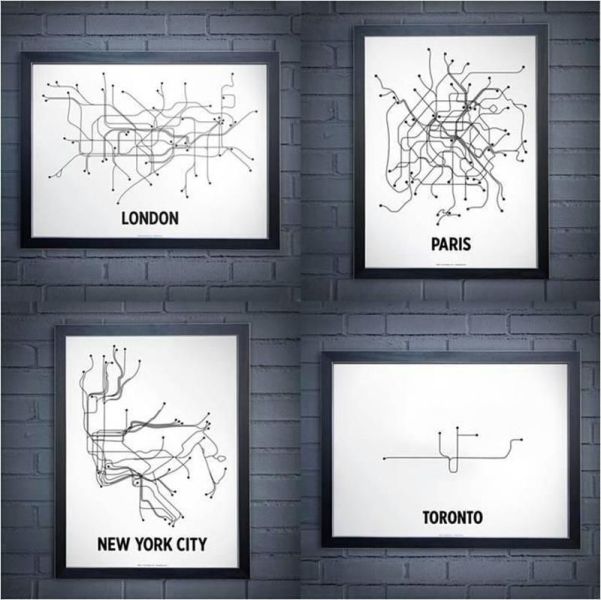The Global Index
First, check out this chart:
 |
| http://www.atkearney.com/gbpc/global-cities-index/full-report/-/asset_publisher/yAl1OgZpc1DO/content/2012-global-cities-index/10192 |
Follow the link above, check out the entire report - notice that there is not a single mention of Toronto in the report, at all. It's utterly un-noteworthy. It's been said "love me or hate me, but don't be indifferent" and that's exactly what Toronto is here - reflective of its tepid, insipid mediocrity. That's sad enough...but it gets worse...
Toronto's trend over the last five years?
Toronto's trend over the last five years?
- 10th in 2008
- 14th in 2010
- 16th in 2012
Whatever opportunities there ought to be for a city that was once recognized as a top-10 global leader are being squandered by poor management.
I'm not saying we must be "number 1." There can only be one "number 1." I am saying, getting to the top-10 is great; staying around the top-10 is better; but plummeting out of the top-10 must be considered unacceptable, if we have any pride at all.
Leaders lead
Look at the consistent performance of the top five cities (New York, London, Paris, Tokyo Hong Kong). Clearly, these results speak to each city having a clear and strong sense of identity; they are what they are, they do what they do and, year after year, their results are recognizable, consistent, and remain at the vanguard, the standard for what a leading global city is.
The consistent performance of these true, leading cities is a reflection of a direction, of leadership, of deliberate decisions made to deliberately return results fit for the profile of the city; decisions based on a long-term view, decisions that understand long-term implications for growth. Or decline.
Toronto needs to learn how to be that; and then, by extension, how to do that.
We didn't get to the top-10 by accident. We certainly can't halt the free-fall by accident.
Whether it's becoming a leader, or just being smart enough to follow, Toronto's got to do something to halt - and then reverse - this disturbing downward spiral.
Whether it's becoming a leader, or just being smart enough to follow, Toronto's got to do something to halt - and then reverse - this disturbing downward spiral.
A hard look at transit's role in global leadership
A great place to start is public transit. Each of these great cities have expansive subway systems. That's just the way it is. Take a look:
Is the fact that New York City, London and Paris are tops on the Global Cities Index and have subway maps such as these a coincidence? I don't think so.
Is the fact that Toronto is plummeting downwards while boasting proud about the subway system - or lack thereof - that we have, a coincidence? I don't think so.
Real cities, with real subway systems, would look at this image and laugh. Toronto - and indeed Ontario and Canada - can only cry...or hang our heads in shame.
And, make no mistake - GTA transit is not a "Toronto problem." Toronto generates 50% of Ontario's GDP, and growing; and 15% of Canada's GDP, and growing. By comparison, 12% of the GDP of the United States is the entire state of California. Pound for pound, Toronto is a huge chunk of Canada.
GTA gridlock is estimated to cost upwards of $6 billion annually in lost productivity. That's "billion" with a B. Every year. And growing. I've seen estimates that triple this cost by 2031 if we don't make drastic changes to our current course.
"Lost productivity" means less jobs, less opportunity, less value, less health, less well-being, lower quality of life...for everyone in the city, province and country.
Oh, but these are much bigger cities than Toronto. Yes, but then Stockholm (pop. 872,000) and Barcelona (pop. 1.6 million) are significantly smaller than Toronto. Take a gander at their subway maps:
Barcelona:

Map from PlanetWare.com
Stockholm:
Superimpose TTC's subway map over any of these, if
you dare, and come to terms with how far behind Toronto's transit situation
really is.
Here's a whole slew of subway maps from around the world - the cool thing about this site's presentation is that all the maps are rendered at the same scale, very useful for comparison.
Here's a whole slew of subway maps from around the world - the cool thing about this site's presentation is that all the maps are rendered at the same scale, very useful for comparison.
This is, in part, why transit talk is reaching fever pitch - people are pulling their heads out of the sand and waking up to realize that we are far off track; getting back on track, pun intended, is finally being recognized as critical.
We must decide to do better and start doing better. Now.
If our leaders don't get it, we need to get new leaders - especially if this is a typical day in the regime of our "leaders".
We must decide to do better and start doing better. Now.
If our leaders don't get it, we need to get new leaders - especially if this is a typical day in the regime of our "leaders".















No comments:
Post a Comment